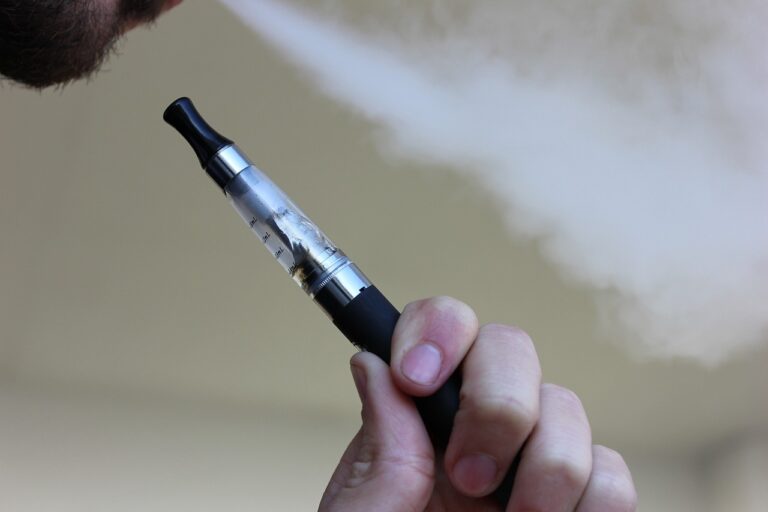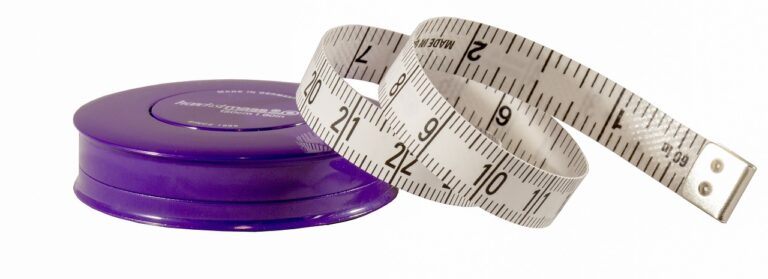Radiology’s Impact on Military Psychology: Golden exchange 99, Cricbet99.com, King 567 casino
golden exchange 99, cricbet99.com, king 567 casino: Radiology’s Impact on Military Psychology
In the vast world of healthcare, radiology plays a vital role in diagnosing and treating various medical conditions. But did you know that radiology also has a significant impact on military psychology? The use of imaging techniques such as X-rays, CT scans, and MRIs can provide valuable insight into the psychological well-being of military personnel, helping to enhance their overall mental health and well-being.
Understanding the Link Between Radiology and Military Psychology
When we think of radiology, we often associate it with diagnosing physical ailments such as broken bones or internal injuries. However, radiology can also be used to assess and diagnose mental health conditions, including post-traumatic stress disorder (PTSD) and traumatic brain injuries (TBI) two prevalent issues among military personnel.
By utilizing advanced imaging techniques, radiologists can visualize changes in the brain caused by trauma, stress, or other psychological factors. This insight allows medical professionals to provide more targeted and effective treatment plans for military personnel struggling with mental health issues.
How Radiology Helps in Identifying PTSD and TBI
Post-traumatic stress disorder (PTSD) and traumatic brain injuries (TBI) are common mental health conditions among military personnel, often resulting from combat experiences or other traumatic events. Radiology plays a crucial role in identifying and diagnosing these conditions, as imaging techniques can reveal structural and functional changes in the brain associated with PTSD and TBI.
For example, MRI scans can detect abnormalities in specific brain regions linked to PTSD, providing valuable information for diagnosis and treatment planning. Similarly, CT scans can help identify signs of TBI, such as brain lesions or hemorrhages, which may be missed in traditional diagnostic evaluations.
The Role of Radiology in Treatment and Rehabilitation
In addition to diagnosing mental health conditions, radiology also plays a vital role in monitoring treatment progress and evaluating the effectiveness of interventions for military personnel. For example, repeated MRI scans can track changes in the brain structure of individuals undergoing therapy for PTSD, providing valuable feedback on the success of treatment strategies.
Moreover, radiology can be used to guide surgical interventions for TBI, such as removing blood clots or repairing brain tissue damage. By providing real-time imaging guidance during procedures, radiologists can ensure precise and effective treatment, ultimately improving outcomes for military personnel with traumatic brain injuries.
FAQs About Radiology’s Impact on Military Psychology
Q: How does radiology contribute to the early detection of mental health conditions in military personnel?
A: Radiology allows for the visualization of changes in the brain that may indicate the presence of mental health conditions, enabling early detection and intervention.
Q: Can radiology help in assessing the effectiveness of psychological therapies for PTSD?
A: Yes, imaging techniques such as MRI can track changes in the brain structure of individuals undergoing therapy for PTSD, providing valuable feedback on treatment progress.
Q: How does radiology aid in surgical interventions for traumatic brain injuries?
A: Radiology provides real-time imaging guidance during surgical procedures for TBI, ensuring precise and effective treatment for military personnel with brain injuries.
In conclusion, radiology plays a crucial role in supporting the mental health and well-being of military personnel by providing valuable insights into the diagnosis, treatment, and rehabilitation of mental health conditions. By leveraging advanced imaging techniques, healthcare providers can offer more personalized and effective care for those who have sacrificed so much in service to their country.







